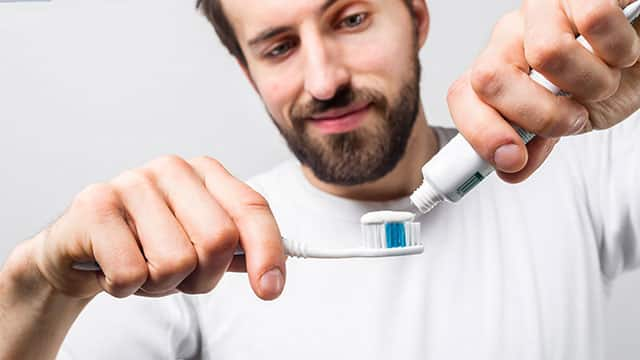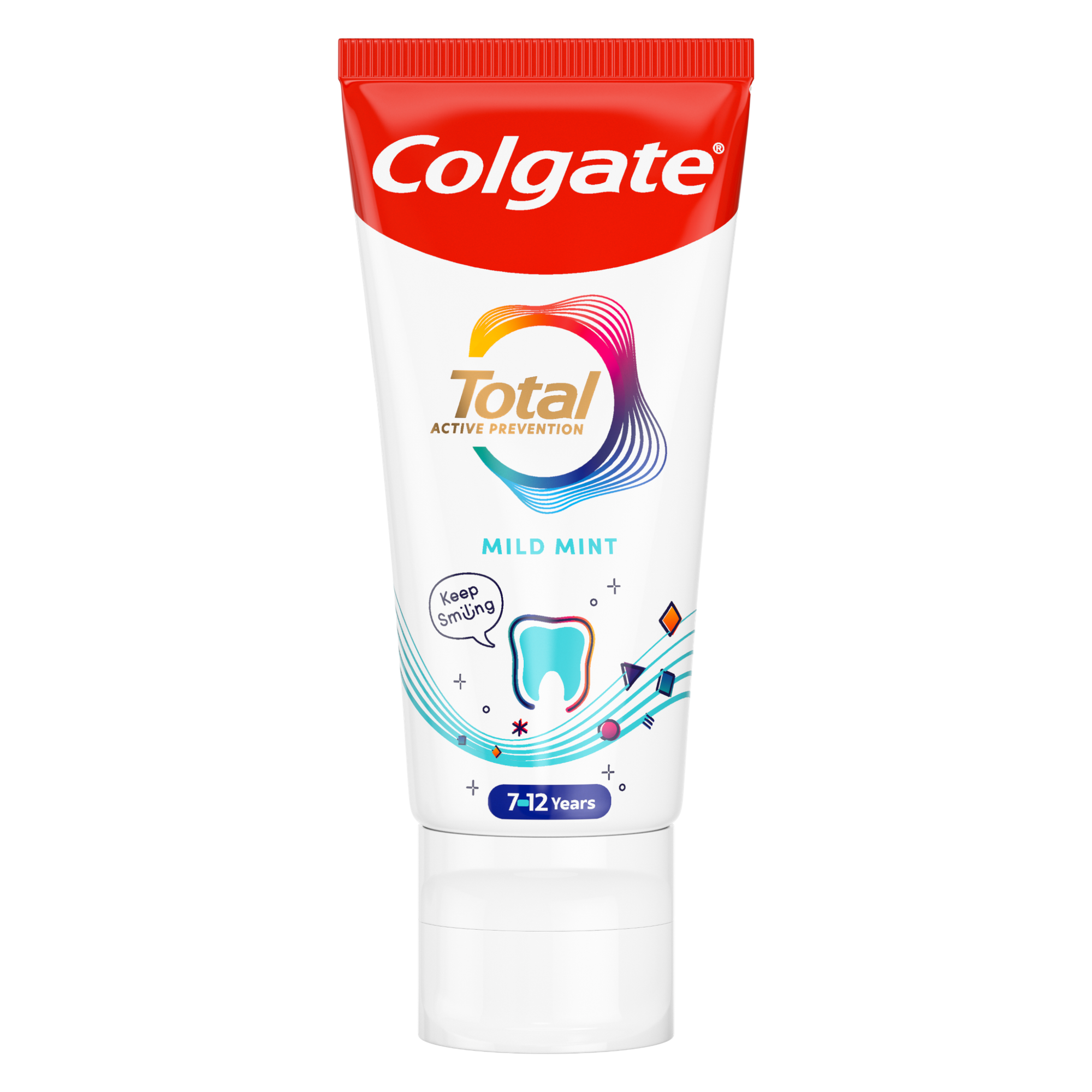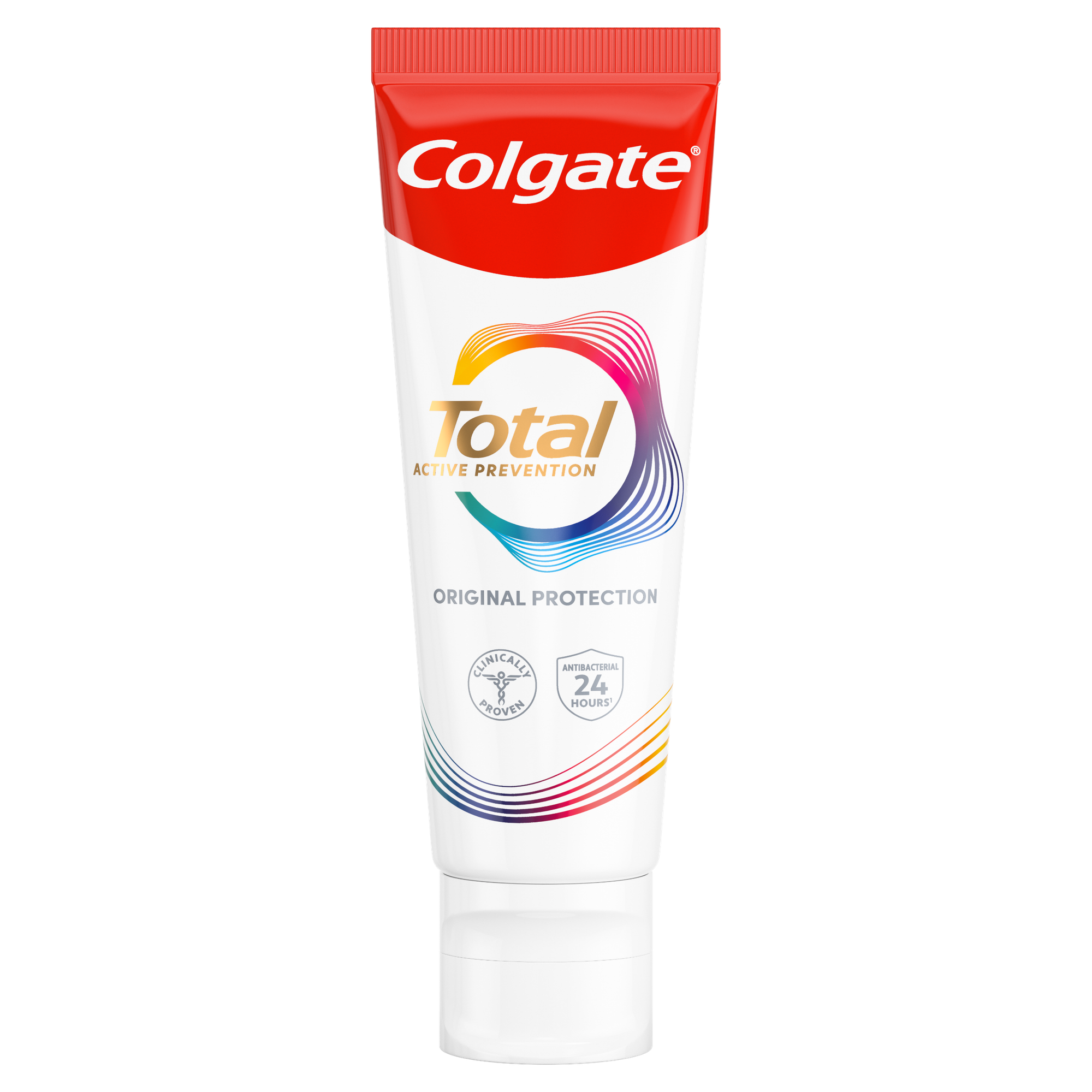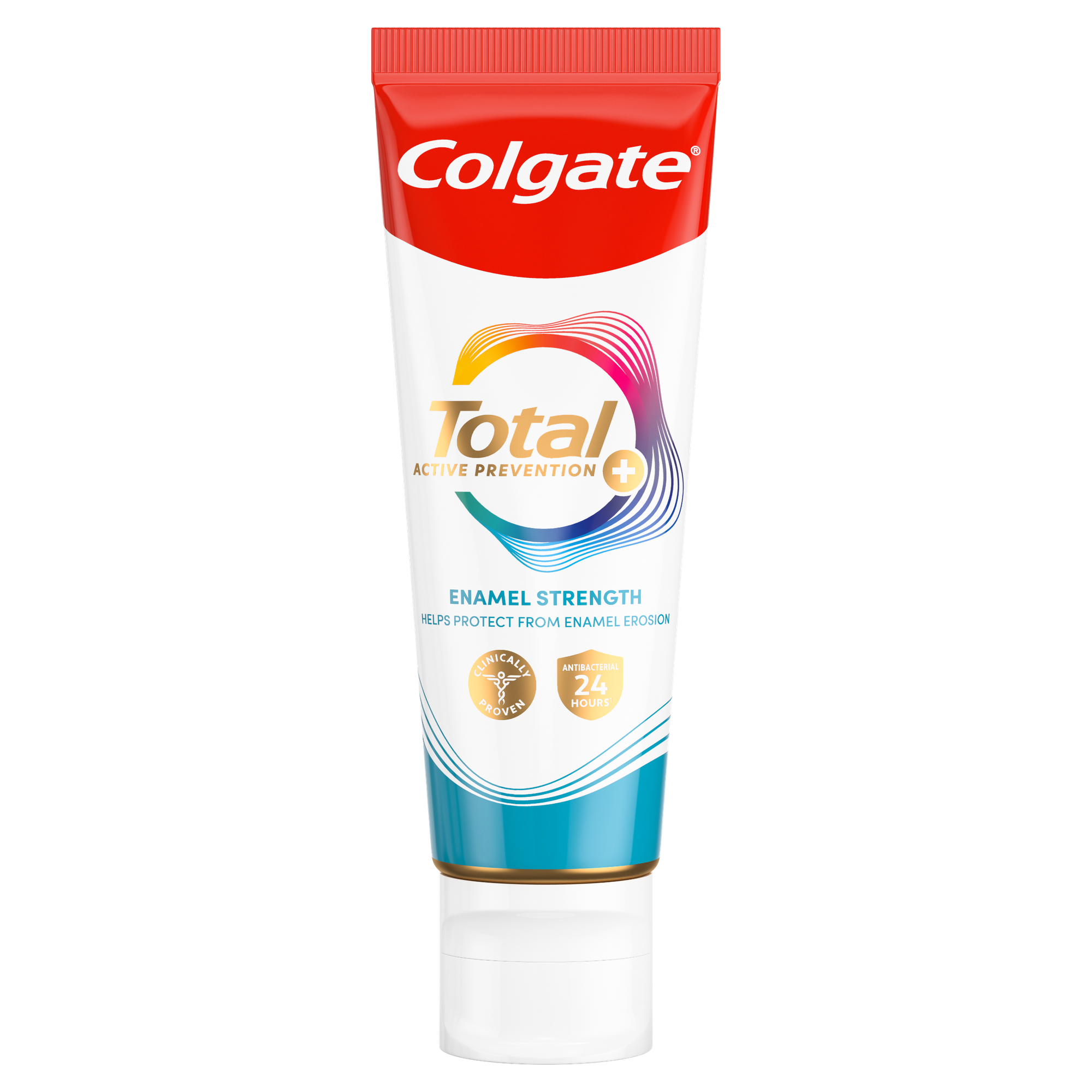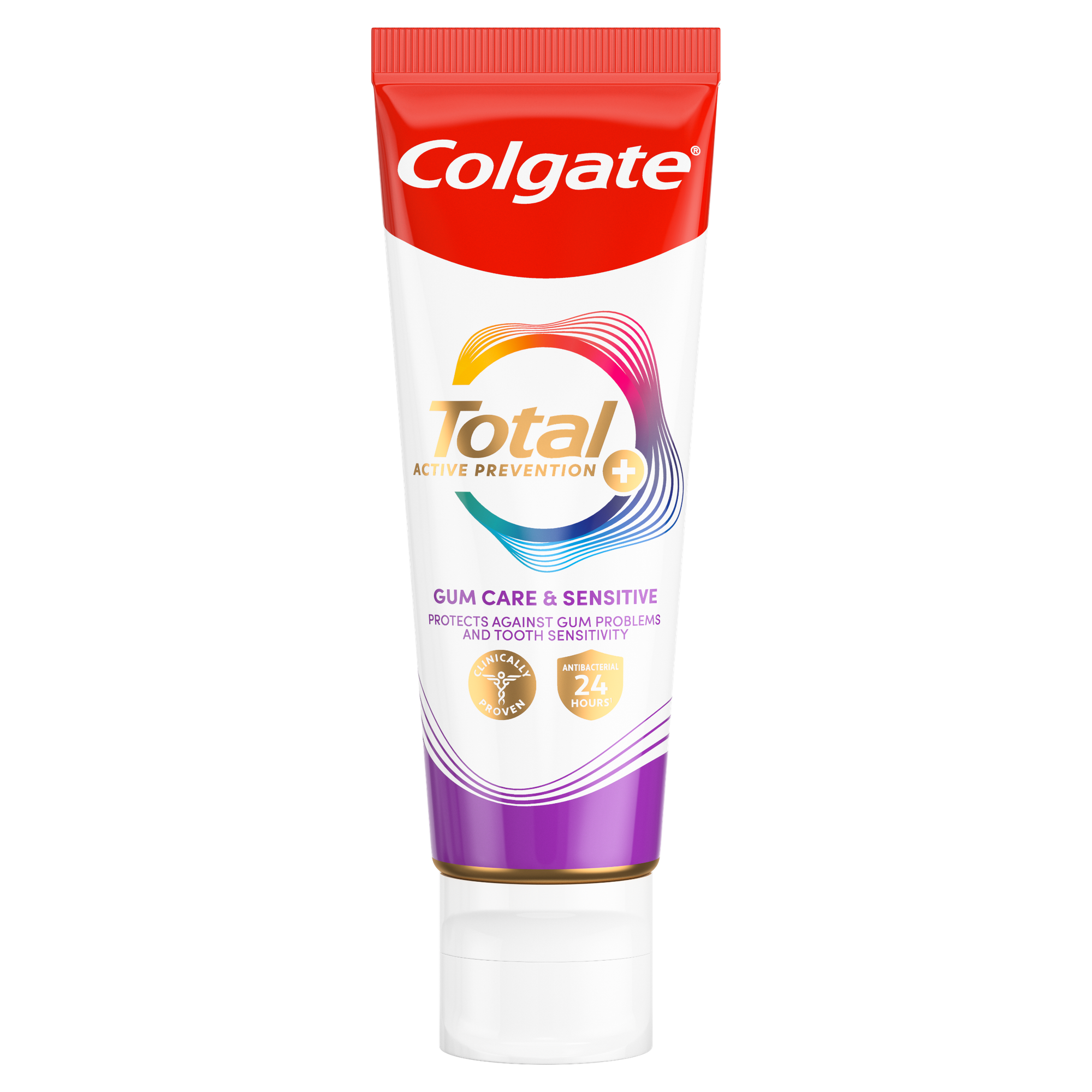Are you unknowingly grinding your teeth in the night?
While you may think it would be obvious if you were grinding your teeth, the fact is that many people actually grind their teeth while they're sleeping and don't even know they're doing it. This condition, which can affect people of all ages, has a number of potential causes, including stress, crooked teeth, an abnormal bite or missing teeth. In addition to causing headaches and jaw pain on one side or both, teeth grinding can also lead to tooth fractures, tooth sensitivity and loose teeth. If you do grind your teeth, your dentist may recommend a mouthguard and general stress relief techniques to try at home.
Osteomyelitis
Osteomyelitis is an infection that travels through the body's blood stream affecting your bones and any surrounding tissues. When you experience osteomyelitis of the jaw, the temporomandibular joint (or TMJ) is impacted, causing jaw pain, fever and facial swelling. Luckily, this condition is generally curable with a series of antibiotics or a surgical procedure to remove the areas of the bone that have died from the infection.
Luckily, this condition is generally curable with a series of antibiotics or a surgical procedure to remove the areas of the bone that have died from the infection.
Dental Conditions
Other jaw pain causes can include gum disease, cavities or an abscess. Although many of these issues don't directly affect the jaw, the pain can radiate into the jaw area. Individuals who have gaps between their teeth or teeth that are severely damaged may also experience jaw pain when eating, biting or chewing. Practising a good oral health care routine at home and visiting the dentist can help reduce your risk of developing these problems.
Abscessed Tooth
An abscessed tooth is the result of dental pulp or a nerve that has become infected. It usually occurs when tooth decay has been left untreated for an extended period. When bacteria from the infection begins to spread from the root of the tooth, it can also affect any surrounding bone tissues, causing significant jaw pain on one side. Having regular dental exams and treating any cavities quickly, is the best way to avoid this issue.
A TMJ Disorder
When you have a TMJ disorder, also referred to as TMD, it means that something has caused the joints to function improperly, creating symptoms like jaw and facial pain, trouble moving your jaw and clicking or popping sounds when you open your mouth. There are several approaches your dentist may take to relieve pain from TMJ, including simple changes in eating habits, exercises, medication or orthodontic treatments.
Other Potential Causes
Jaw pain on one side or around your face might also be attributed to one of the following causes:
- Sinus problems
- Jaw injury
- Infection
- Periodontal disease
- Dental issues
When to see a doctor
The NHS advise it’s time to see a doctor about jaw pain if you’re experiencing the following:
- You’re unable to eat or drink
- You have clicking, popping or grinding noises when you move your jaw
- You can’t open your mouth fully or your jaw is locking
- You have jaw pain on one side at your ear or side of your head
- You frequently have severe headaches
- You have pain at the side of your head or scalp
- You have vision problems – loss of vision or double vision in one or both eyes
Effective treatments for TMD
There are various treatments and medications you can try if you have jaw pain on one side or have been diagnosed with TMD. Here are some of the most common effective treatments below:
- Medication – painkillers, anti-inflammatories and muscle relaxers can help. Always consult your doctor before taking any medication.
- Get a custom mouthguard made at the dentist – this can reduce the effects of teeth-grinding and clenching your jaw. A custom made mouthguard is much more comfortable to wear than one bought over the counter, as it’s made to fit your teeth.
- Physio – TMJ exercises to stretch your jaw and strengthen the muscles around your mouth can help.
- Injections – steroid or Botox injections can help to relax the muscles and ease pain.
- Ultrasound therapy – uses soundwaves to send deep heat into your jaw tissue to relax the muscles and increase blood flow to the area.
- Electrical nerve stimulation – uses low electrical currents to relax the jaw.
- Behavioural changes – small changes like changing your posture and avoiding extremely chewy or crunchy things can help jaw pain when eating.
If none of these methods work, speak to your doctor about surgical treatments. There are many treatment options available, so don’t suffer with this problem in silence.
ORAL HEALTH QUIZ
What's behind your smile?
Take our Oral Health assessment to get the most from your oral care routine
ORAL HEALTH QUIZ
What's behind your smile?
Take our Oral Health assessment to get the most from your oral care routine








